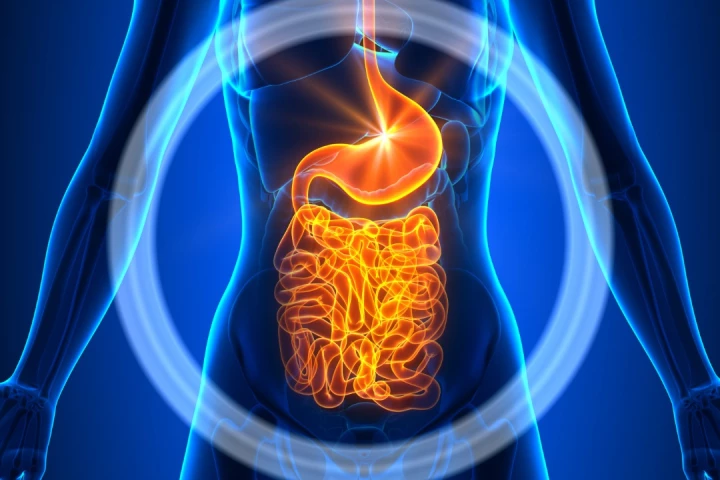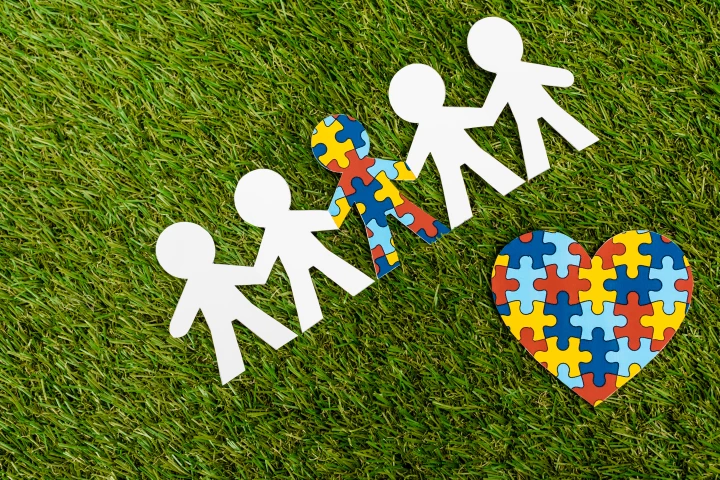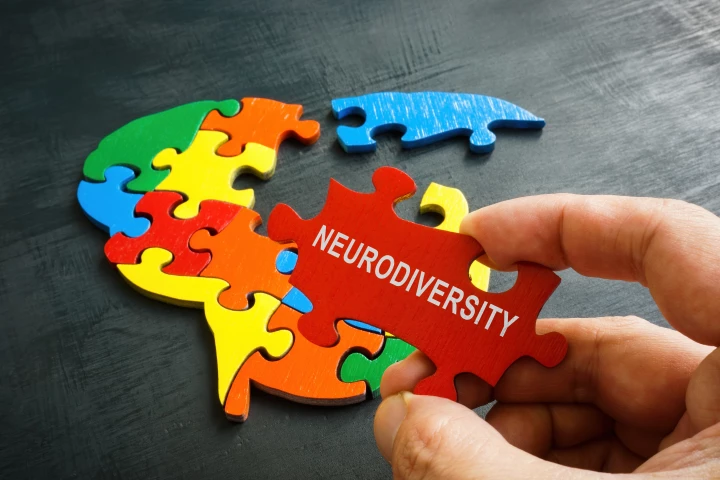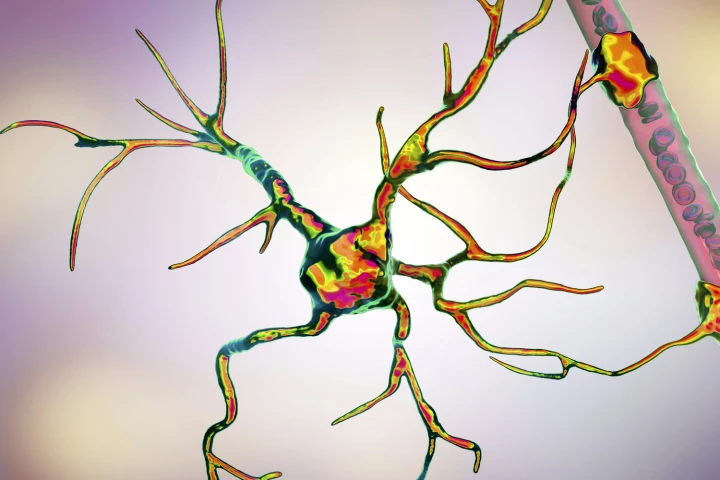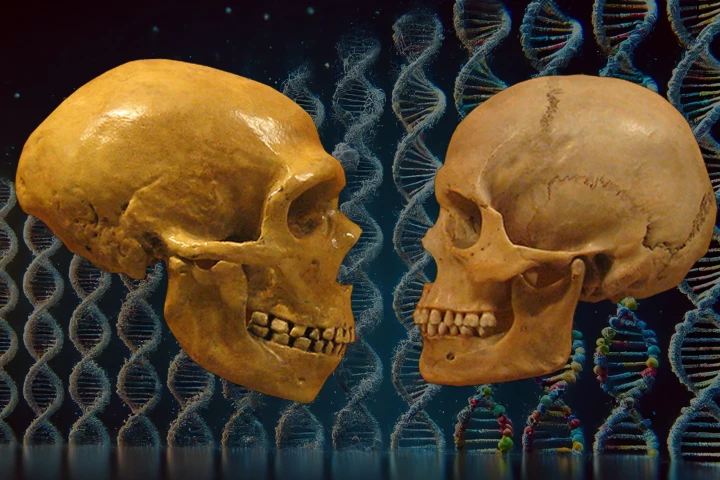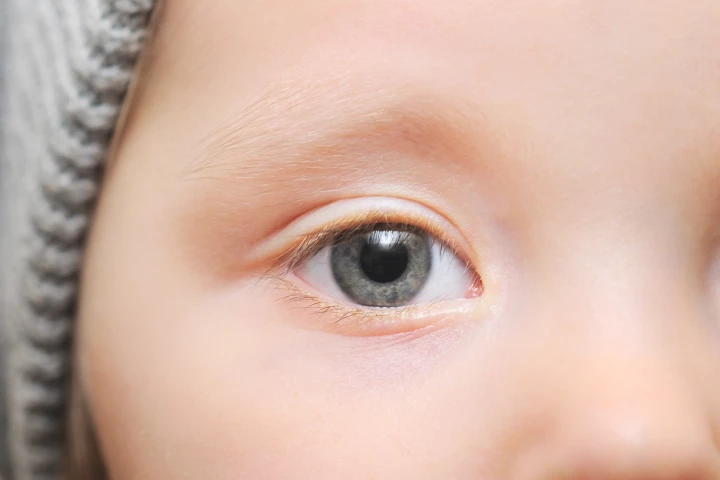Autism
-
An example of the emerging science linking between gut health and autism, exciting new research moving into Phase 3 human trials has found fecal transplants can dramatically reduce its symptoms in the long term.
-
There's been a significant rise in people diagnosed with autism spectrum disorder in recent years, with some 61.8 million cases worldwide. Experts are calling for better access to medical support as it moves into the top 10 of non-fatal health burdens.
-
People with disabilities face many obstacles navigating the workforce, and for the neurodiverse population, having conditions that can 'hide in plain sight' present unique challenges. This initiative wants to change it – whether it works, is another thing.
-
A new study challenges the long-held assumption that autistic people are emotionally stunted, finding that, in fact, people with autism experience complex emotions. It’s hoped these findings will lead to better therapy strategies for neurodivergent people.
-
Researchers have figured out how to wake up dormant stem cells in the brain that have the ability to grow into new cells. It opens the door to developing new therapies for neurodevelopmental disorders like autism, learning disabilities, and cerebral palsy.
-
Prenatal exposure to higher levels of bisphenol A, a plastic chemical known to leach into our foods and drinks, has been linked to autism spectrum disorder in boys, according to a new study that also identified the biological mechanism underlying this link.
-
Autism spectrum disorder is associated with distinct changes to the composition and functioning of a wide range of gut microorganisms, according to a new study. The findings pave the way for developing an accurate diagnostic test for the condition.
-
Since Neanderthals' whole genome was sequenced, there’s been growing interest in how their genetics influences our health. New research has found that genetic variations derived from our ancient relatives are associated with an increased susceptibility to autism.
-
Researchers have used AI to screen photographs of children’s retinas to diagnose autism with 100% accuracy. The findings suggest AI is a viable screening tool for early diagnosis, especially when access to a specialist child psychiatrist is limited.
-
New research has for the first time shown how inflammation in early childhood can affect brain development, triggering epigenetic changes in brain regions linked to higher cognitive functions, and play a role in a variety of neuropsychiatric disorders.
-
For the first time, scientists have identified a biochemical mechanism linking attention deficit hyperactivity disorder and autism spectrum disorder with common but problematic compound Bisphenol A (BPA), which can leach into food and drink from packaging.
-
Students with learning disabilities struggle often require additional, individualized support to fill educational gaps. A team of researchers and experts have found that a cute little robot may help children with learning disabilities stay focused.
Load More
